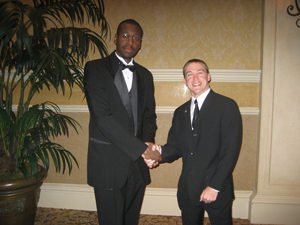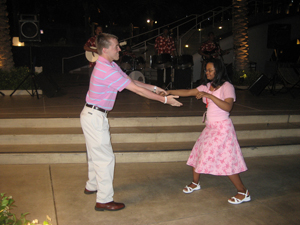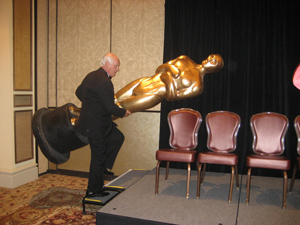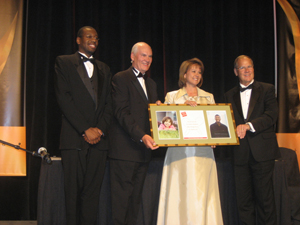Reading about Autism at Book Expo America
by Beth Finke
Ellen Harrington-Kane’s blog on June 4th is the first of many book reviews we plan on posting on the Easter Seals autism blog. After all, there are plenty of books about autism to review!
Last weekend I was at Book Expo America at the Jacob K. Javits Convention Center in New York. Nearly 35,000 publishers, booksellers, authors, agents and librarians attended the four-day convention — it was wonderful to be around so many people who love books!
Although I was there for personal reasons — I have a new book coming out in October, I couldn’t help but think of Easter Seals and autism while I was perusing the booths.
Labosh Publishing was there — they offer tip booklets for families with Autism. Jessica Kingsley Publishers publishes books on the autism spectrum and also in the areas of parenting, special needs education and arts therapies. National Professional Resources, Inc. publishes staff development and teacher training resources in all sorts of topical areas such as special education, autism and gifted education. And lastly, Gryphon House, Inc. publishes activity books for teachers and parents, including one called Teaching Young Children With Autism Spectrum Disorder.
I’m sure there were many, many more books about autism at Book Expo America, but yeesh, that Javits Center can be hard on your feet — and paws! My Seeing Eye dog and I had a ball at the convention, but it’s good to be home, where I can return to finding out about books on autism the easy way: reading this blog!













